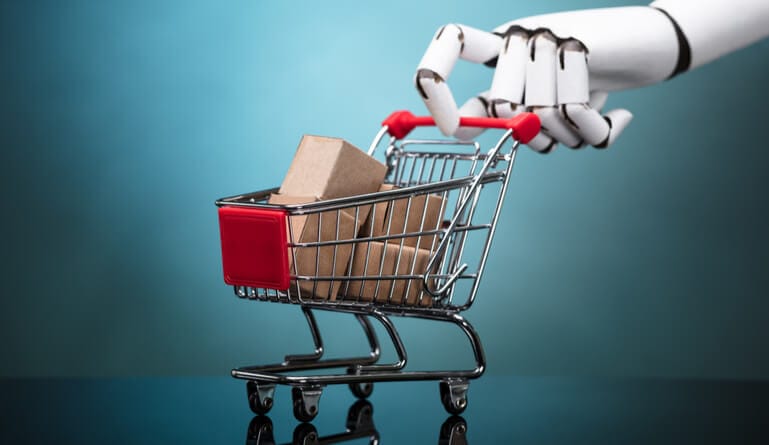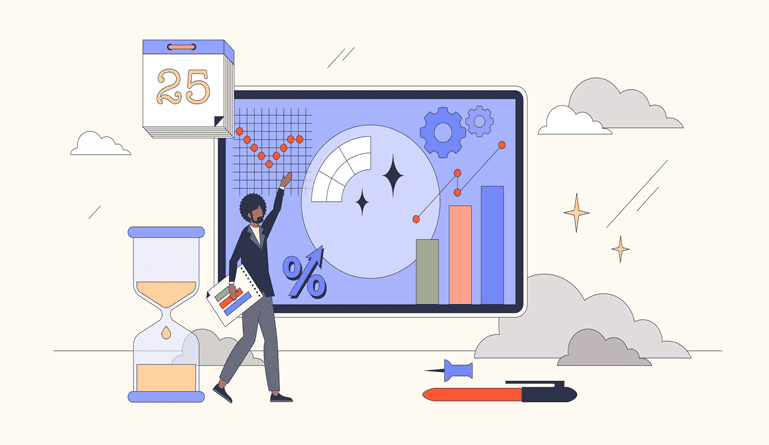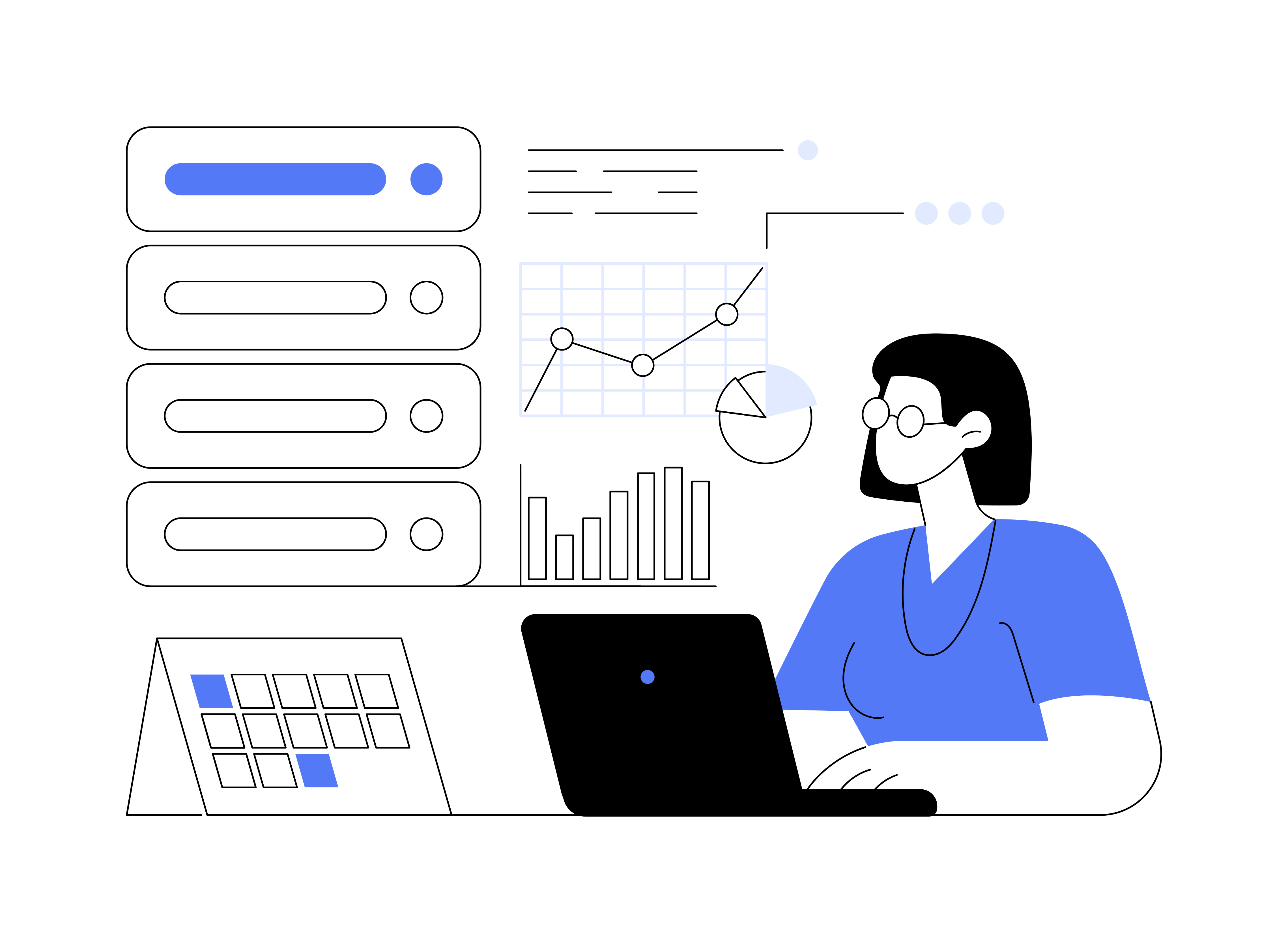AI is reaching critical mass in marketing. It’s moved beyond the initial hype to find practical, real-world applications across virtually every business function. And 2019 is the year of AI in marketing. Why, you ask? Because AI has already made inroads into the consumer technology space, think Alexa, Google Home, or even Netflix; As brands look to leverage customer experience as a competitive driver of growth, AI helps marketers gain actionable insights from data points across the customer journey. A recent survey of 600 executives across 18 countries found that nine out of ten companies use AI-enabled solutions to improve the customer journey. Moreover, enterprise-grade companies with more than 30,000 employees, are 50 percent more likely to have made AI investments to analyze customer interactions.
At a time when customers are increasingly tuning out brand-focused advertising and content, marketers must focus on creating compelling, valuable content that is accessible to customers across platforms, devices, and channels. That is where AI comes into the picture. Marketing has traditionally been qualitative. However, with marketing investments now focused on digital platforms, marketing has also become qualitative. AI brings both aspects of marketing – quantitative and qualitative together, to help marketers understand the quantitative impact of their campaign’s qualitative components. For instance, AI algorithms can suggest what kind of email subject lines will get the most opens or clicks.
AI and Marketing Automation: A Match Made in Data-Driven Heaven?
Over the last two decades, brands have come to rely on marketing automation to streamline, automate, manage, and measure marketing initiatives and workflows. Over half of all B2B companies use some form of marketing automation technology today. So, combining AI with marketing automation only seems like the logical next step in the evolution of marketing automation, right?
We believe so. And the rise in the number of AI-enabled marketing automation solutions available today, go on prove this. The foundation of any efficient AI or machine learning solution is data. And that’s exactly what marketing automation solutions bring to the table. Loads and loads of customer data in a single, unified platform. By deploying AI-enabled marketing automation solutions, marketers can create better customer experiences, drive increased loyalty, and deliver greater value to the business.
Let’s look at some of the key applications of AI in marketing automation.
5 Ways AI in Marketing Automation Can Deliver Superior Business Performance
AI enabled marketing automation is performance marketing on steroids. With AI, marketers can leverage the wealth of data captured from millions of customer interactions to create relevant, personalized marketing campaigns with speed and precision to drive improved business performance. Here’s how:
1. Marketing Intelligence and Analytics
AI-enabled marketing automation platforms provide a single dashboard for all marketing data, campaigns, KPIs, and reports. This helps seamlessly connect data, report across channels and campaigns, and uncover the right insights in real-time. With AI enabled marketing automation platforms, marketers can make smarter decisions.
2. Smart Recommendations
You must’ve come across smart suggestions on Netflix, Amazon, and your social media profiles. These platforms use machine learning to analyze data and create suggestions aligned to your tastes and preferences. AI-enabled marketing automation platforms can be used to serve customers with personalized communication, relevant content, and product recommendations, based on their previous purchases and behavior. This builds customer engagement and results in higher conversions.
3. Account-Based Marketing
AI in marketing automation unleashes the real power of account-based marketing (ABM) by helping marketers identify the right accounts through intelligent insights, improve engagement with hyper-personalized and targeted messaging, and measure and optimize campaigns.
4. High-Quality Lead Generation
AI coupled with analytics helps marketers identify leads that are more likely to convert, nurture leads through drip campaigns and social media posts, and build a high-quality lead pipeline. Capabilities like predictive analytics can also recommend next actions for marketing and sales teams.
5. Improve Customer Centricity
AI-powered marketing automation platforms often feature conversational interfaces like chatbots that can communicate with and engage customers on a personal level. These interactions can be analyzed later to suggest the future course of action and automate query resolution.
As data fuels, the next wave of marketing, combining AI with marketing automation will empower marketers to transform data into tangible business outcomes.
Should You Invest in AI-Powered Marketing Automation Platforms in 2019?
Marketers using AI-enabled marketing automation platforms are already reaping its benefits. Whether you are a small business or an enterprise-grade company, AI is a must-have capability in your marketing automation platform if you’re looking to remain competitive. The best thing? AI is no longer a prohibitively expensive technology it once was – many marketing automation vendors provide AI capabilities purpose-built for smaller organizations. We’ve put together a comprehensive buyer’s guide to AI-enabled marketing automation platforms which features solutions for every business segment.





